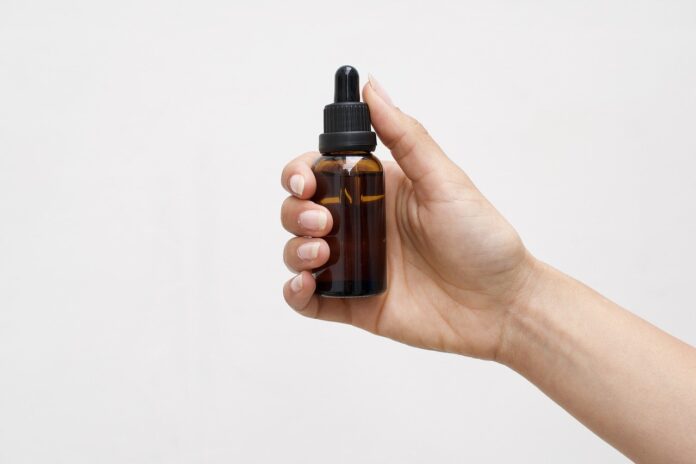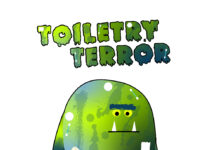The internet is awash with information and testimonies on the benefits of CBD oil and the potential that it has in alleviating a number of ailments. Whether or not some of these claims are true is yet to be ascertained as further research is still being conducted on the effectiveness of CBD. There is a lot of misinformation about CBD however, clinical trials have proved that it can be used to treat epilepsy, pain and inflammation, depression and anxiety. If you suffer from any of these then you may want to consider adding CBD to your diet.
What is CBD
Cannabidiol popularly known as (CBD) is a non-psychoactive extract of the cannabis plant. CBD is not to be confused with tetrahydrocannabinol (THC) which is the psychoactive compound of the same plant that is responsible for getting you high.
The history of CBD dates back to 2727BC where it is believed that the Chinese Emperor Sheng Neng would drink cannabis tea to help fight against poor memory, malaria and gout. Today CBD is used in a variety of products such as gummies, skin care ranges and pet treats to name but a few.
What we do know about CBD
We know for a fact that CBD is legal in many countries. Guidelines and policies governing the consumption of CBD varies from one country to another. According to this study 33% of american adults have used CBD at least once. In the last 24 months 64 million Americans have used CBD and amongst these 22% claimed that regular CBD use had replaced supplements and over the counter drugs.
In the UK, 6 million people acknowledge having used CBD in the last year while there are currently 1.3 million regular users. The CBD oil uk market is set to grow with projections suggesting that this will be a £1 Billion industry by 2025. Vitality CBD reports that in the UK, the CBD market is already much bigger that the Vitamin D market.
How does the rest of the world feel about CBD?
Well! The World Health Organisation (WHO) published a report in 2018 stating that CBD has no adverse impact on health and neither does it contain any dependency inducing properties. In other words CBD is safe! Since then a number of countries in Europe and the rest of the world have opened up to the use of CBD.
In Africa and Asia, strict anti-cannabis laws exist. These laws continue to change and countries where bans exist could very likely take a softer stance towards the use of CBD in the near future. In South Africa the use of CBD was legalised in 2019.
So how can CBD be integrated into one’s diet?
If you are in the UK and you are thinking of giving CBD a try but you do not know where to begin or how you can integrate this product into your diet, I suggest you start with Dr Hemp Me’s CBD oil uk range as professional opinion is important to help you choose the right product. There reviews can be found here.
Let us take a look at some ways that CBD can be incorporated into one’s diet
- In the morning with your coffee, tea or shake
If you love to have a warm beverage in the morning then you could consider some drops of CBD with your coffee or tea. If you love to have a shake or smoothie instead, you can still add some CBD in that too. If you love taking coffee but do not enjoy the jitters, the anxiety and the increased heart rate that comes with its consumption then a little CBD oil in your coffee will help to cancel out the side effects that come with this beverage.
- With your lunch or supper
If you are going to have salad for your lunch then try adding some CBD oil to your salad dressing.
- With baked goods
We are not suggesting that you make hash brownies or space cakes but adding CBD to your baking is a great way to have it blend into your diet.
- Replace your supplements
Finally, you could take CBD tablets to replace your supplements. A tablet here and there as prescribed. You could also throw in some gummies when you feel like snacking between your meals.
These are only a few of the countless ways that you can include CBD into your diet. We all have different eating habits so the trick is to find what works for you.







